IPI together with the Permanent Missions of Finland and The Kingdom of the Netherlands to the UN cohosted a policy forum on March 20th on the topic of “Specialized Police Teams in UN Peace Operations: A Survey of Progress and Challenges.”United Nations…
Read moreVideos
Latest
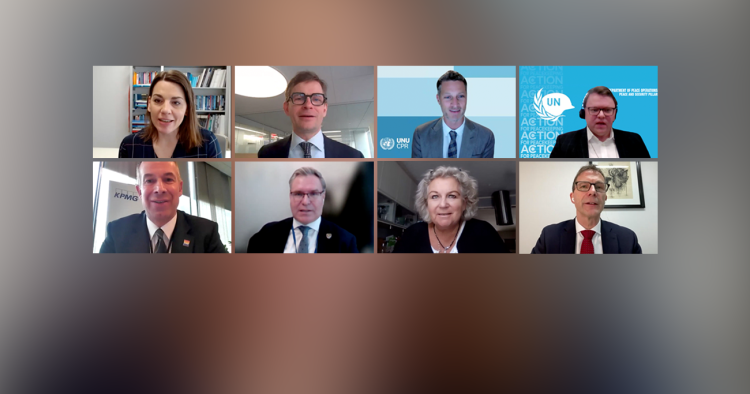
In 2020 (continued…)
-
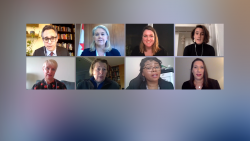
Only 6 percent of all uniformed military, police, justice, and correctional personnel in United Nations field missions are women, and IPI Vice President Adam Lupel asked, “After 20 years and ten Security Council resolutions, why is it still so hard to increase the participation of uniformed women?”Dr. Lupel was speaking to an October 20th IPI […]
Read more -
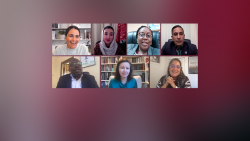
With the world struggling with a global pandemic, increasing attention is being paid to the potential of community-owned and -led initiatives to address poverty, mobilize crisis response, and increase human security and well-being in line with the United Nations Sustainable Development Goals (SDGs).On October 14th, IPI, with co-sponsors Catalyst for Peace, the Institute for State […]
Read more -
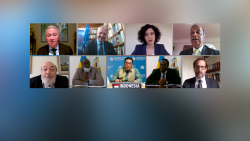
The COVID-19 pandemic has intensified existing conflicts, deepened social inequality, and threatened to set back peace processes, but it has also afforded an opportunity “to rethink and develop United Nations peacekeeping further,” said Pekka Haavisto, Minister of Foreign Affairs of Finland. “The Action for Peacekeeping initiative, which aims to make UN peacekeeping fit for purpose, […]
Read more -
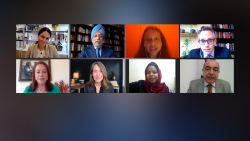
On September 18th, IPI, in partnership with UN75, The Group of Women Leaders, and the Center for Global Affairs at New York University, convened a virtual event commemorating the 75th anniversary of the United Nations with a diverse group of women leaders in a dynamic conversation on priorities and solutions for “recovering better” from the […]
Read more -
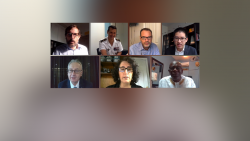
In 2017, United Nations Secretary-General António Guterres proposed a new management paradigm to better enable the UN to address global challenges by giving decision-makers at the country level greater authority over their resources and thus greater speed and flexibility in setting and responding to priorities; reducing duplicative structures and increasing support for the field, including […]
Read more







